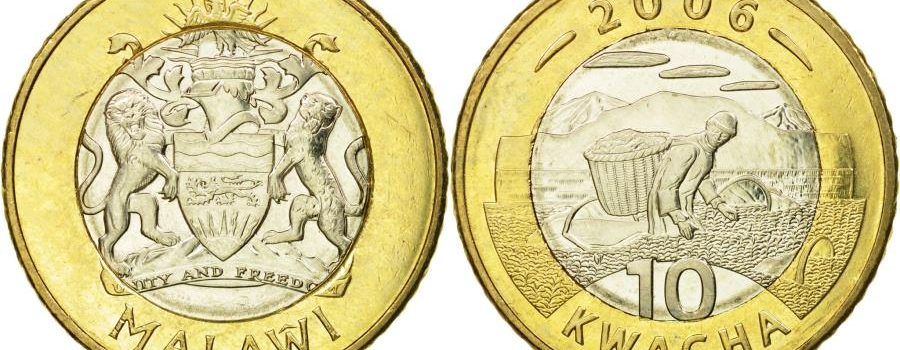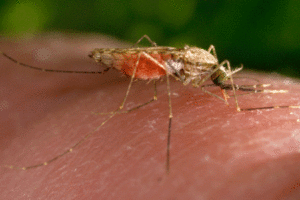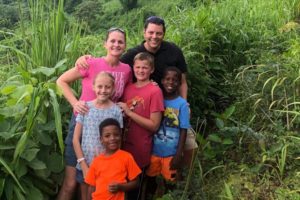And away he goes! Kind of. Working in global health requires travel. And travel is supposed to be fun, correct? Well, it usually is. Our research group has a well-worn flight route from the USA to Malawi that takes us through South Africa. We survive the long plane ride(s) to Johannesburg, spend the night in a comfortable hotel bed, and then it’s only a short flight the following day to Blantyre. We’re rested and ready to go. And, so, one month ago I made flight and hotel reservations and was excited to return.
Except Fate wasn’t with me. The airline had flipped my coin and it came up Tails. Two days prior to my departure, the airline emailed me that my flight was cancelled. After a momentary panic, that evening I rebooked the following day for the same route, changed my dates with the hotel, and was Ready-to-Go Part 2. I slept well, woke up the next morning and opened the airline App (one cannot be too careful!) and BINGO! Cancelled again. The airline re-flipped the coin, and it was Tails again.
We are lucky, so why not try to help someone whose toss of the coin didn’t land quite as favorably as our own?
After three hours on the phone, I was booked the next day on a different airline and completely different route. Would I go this time or not? Well, after the airlines flipped my coin three times, it finally came up Heads. I arrived in Malawi yesterday evening, back in the Warm Heart of Africa. On the way, sitting in the Addis Ababa airport, I thought about the airlines and how they had been flipping a coin, determining my travel fate. When people ask me why I work in global health I often make the analogy of a coin flip. I work in global health because before I was born, Fate flipped a coin and mine came up Heads. I got lucky. I’m male, white, healthy, intelligent, and was born into an environment that supported my success. But for so many people Fate’s Coin lands less favorably. And why if someone is born into poverty, or ill health, or are a different color or nationality from me should their pre-destinated path be so different than my own? I make no illusion that I will not end poverty or cure malaria, but I feel I should do what I can to level the playing field. If I can do something small that might eventually improve the fate of children whose coin landed on a different side than mine, why wouldn’t I do that? Call it Social Justice or what you will, we all should consider how many people in the world do not have the same advantages as we do. We are lucky, so why not try to help someone whose toss of the coin didn’t land quite as favorably as our own?






